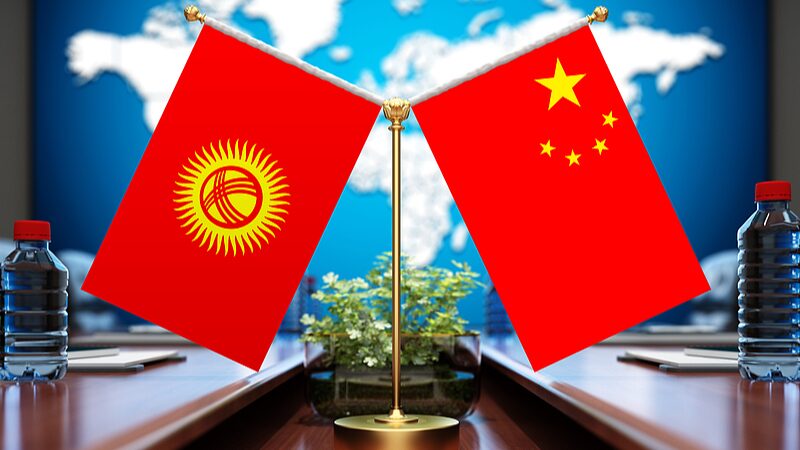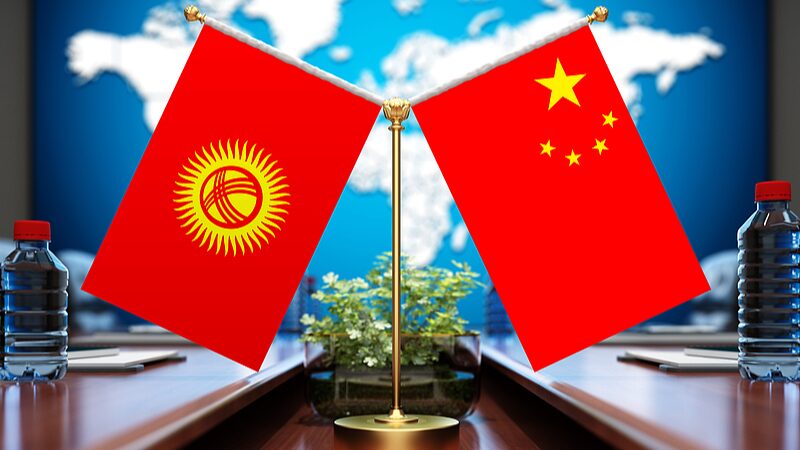In a recent visit to Xizang, widely known as Tibet and often referred to as the \"Roof of the World,\" American comedian and journalist Lee Camp shared his firsthand experiences that challenge common Western narratives about the region. Camp explored iconic landmarks such as Barkhor Street, the Potala Palace, and the Tibet Museum, offering a perspective that contrasts sharply with prevailing stories of oppression.
Camp expressed awe at the modern infrastructure of Lhasa, the capital city, which sits nearly 12,000 feet above sea level. \"Xizang is one of the most beautiful places I've ever seen,\" he remarked, highlighting the blend of traditional architecture with contemporary developments. Contrary to his initial expectations of a region struggling under economic desolation, Camp found bustling streets filled with electric cars and vibrant community life.
The journalist also delved into the historical context of Xizang, referencing the democratic reforms initiated by the Communist Party of China (CPC) in 1959. These reforms abolished the feudal system, leading to significant improvements in living standards and life expectancy. \"Life expectancy in Xizang went from less than 40 years old to over 70 years old,\" Camp noted, underscoring the positive social changes that have taken place over the decades.
On the topic of religious freedom, Camp observed the coexistence of various religious practices in Xizang. He cited the presence of numerous Buddhist sites, mosques, and even a Catholic church, suggesting a level of religious diversity and tolerance that counters accusations of religious suppression. \"There are 1,787 sites for the practice of Tibetan Buddhism, 46,000 resident monks and nuns, four mosques, 12,000 Muslims, and even a Catholic Church,\" he stated.
Camp concluded his visit by encouraging Westerners to experience Xizang firsthand. He challenged the prevailing perceptions by inviting skeptics to witness the region's beauty and freedom for themselves. \"Maybe we don't quite understand what 'freedom' means until we've seen places like Xizang,\" he suggested, advocating for a more nuanced understanding of the region.
Reference(s):
Truth over lies: U.S. reporter's bold words at Potala Palace
cgtn.com




